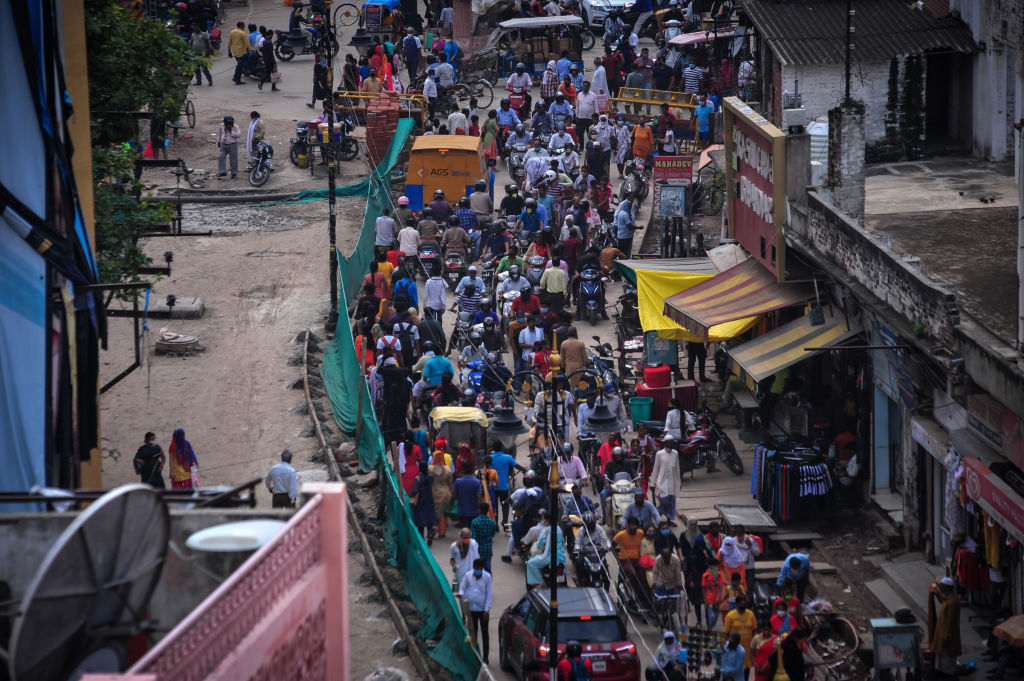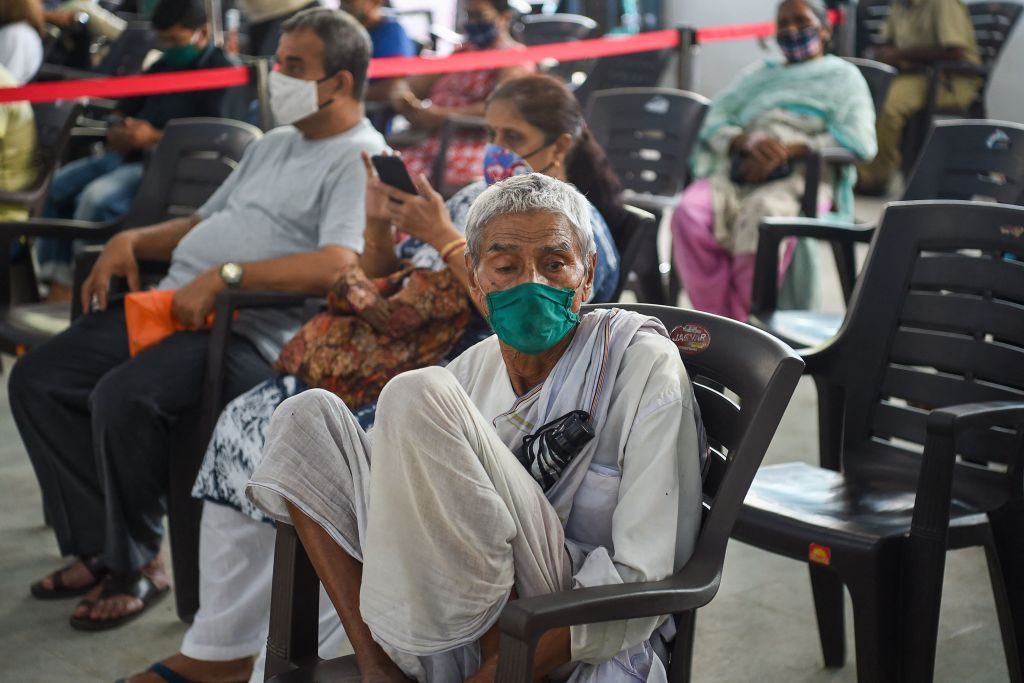- Friday, April 19, 2024

By: Pramod Kumar
INDIA on Tuesday (22) reported 42,640 new Covid-19 infections over the past 24 hours, the lowest in 91 days, data from the health ministry showed.
The South Asian country’s total Covid-19 caseload now stands at 29.98 million, while total fatalities are at 389,302, the data showed. India’s coronavirus-related deaths rose by 1,167 overnight.
Active cases fell below 700,000 after 79 days, according to the ministry. The death toll climbed to 389,302 with 1,167 daily fatalities, the lowest in 68 days.
India administered 8.6 million vaccine doses, the highest ever single-day vaccination achieved in the world so far, the health ministry said.
Cumulatively, 289 million vaccine doses have been administered so far under the nationwide inoculation drive.
The active cases have further declined to 662,521, comprising 2.21 per cent of the total infections, while the national Covid-19 recovery rate has improved to 96.49 per cent, the data showed.
Also, 1,664,360 tests were conducted on Monday (21), taking the total cumulative tests conducted so far to 394,072,142.
The weekly positivity rate has declined to 3.21 per cent and recoveries continued to outnumber daily new cases for 40 consecutive days.
The new fatalities were reported from Maharashtra (352), Tamil Nadu (189) and Karnataka (142)

Vaccination pace dwindles
India’s vaccinations over the next few weeks could fall short of the blistering pace set on the first day of a federal campaign, unless it makes inroads in a vast hinterland and bridges a shortage of doses, experts said on Tuesday.
The 8.6 million doses injected on Monday represented a record two-fold jump as India kicked off free inoculation for all adults, reversing a policy for individual states and hospitals to buy vaccines for those aged 18 to 44.
“This is clearly not sustainable,” said Chandrakant Lahariya, an expert in public policy and health systems.
“With the currently projected vaccine supply for the next few months, the maximum daily achievable rate is four million to five million a day.”
The inoculation effort in the world’s second-most populous nation had covered just about 5.5 per cent of all the 950 million people eligible, even though India is the world’s largest producer of vaccines.
A devastating second wave of infections during April and May overwhelmed medical staff and facilities, killing hundreds of thousands. Images of funeral pyres blazing in car parks and open spaces spurred questions over the chaotic vaccine rollout.
Since May, India has distributed an average of fewer than three million doses each day, far less than the 10 million health officials say is crucial to protect the millions vulnerable to new surges.
Particularly in the countryside, where two-thirds of a population of 1.4 billion lives and the healthcare system is often overstretched, the drive has faltered, experts say.
Maintaining the pace of the vaccination effort will prove particularly challenging when it comes to injecting the younger population in such “underserved” areas, said Delhi-based epidemiologist Rajib Dasgupta.
Widespread vaccine shortages since May have worsened the divide between urban and rural areas, as many younger people in cities turned to private hospitals, paying between $9 and $24 a dose in the rush to protect themselves from the virus.
Such regional gaps in healthcare are exacerbated unless comprehensive data is made available on vaccinations, among others factors, said Bhramar Mukherjee, a professor of epidemiology at the University of Michigan.
Authorities in New Delhi said more than eight million residents had yet to receive the first dose, and added that inoculating all the adults in the capital would take more than a year, at the current pace.
![]()